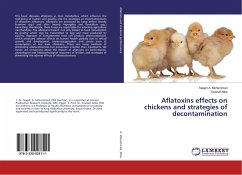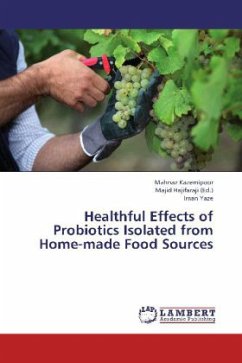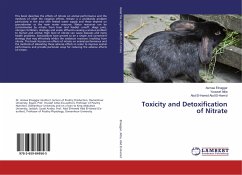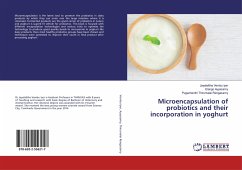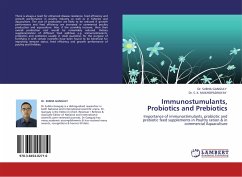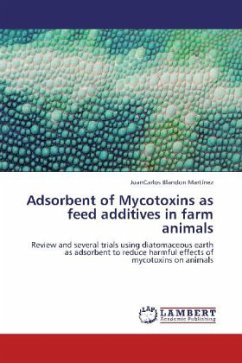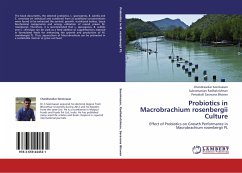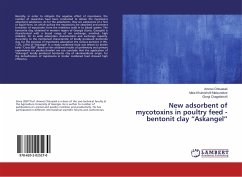This book discusses aflatoxins as toxic metabolites, which influence the well-being of human and poultry and the strategies of decontaminations of aflatoxins influences. Aflatoxins are produced by fungi before (mostly Fusarium spp.) and after (mainly Aspergillus and Penicillium spp.) harvesting. Worldwide, these fungi are responsible for infecting agriculture merchandises. The aflatoxins hazard, not only limited to feed consumption by poultry which may be transmitted to egg and meat produced by poultry. Ingestion of contaminated food can produce aflatocotoxicosis, which produced adverse effects on human health globally due to retrad growth and development, immunosuppression and cancer even at consumption of low level aflatoxins. There are many methods of eliminating aflatocotoxicosis but prevention is better than treatments. We herein are concerning about the impacts of aflatoxins on performance, physiological and histopathological responses of broilers and strategies of eliminating the adverse effects of aflatocotoxicosis

